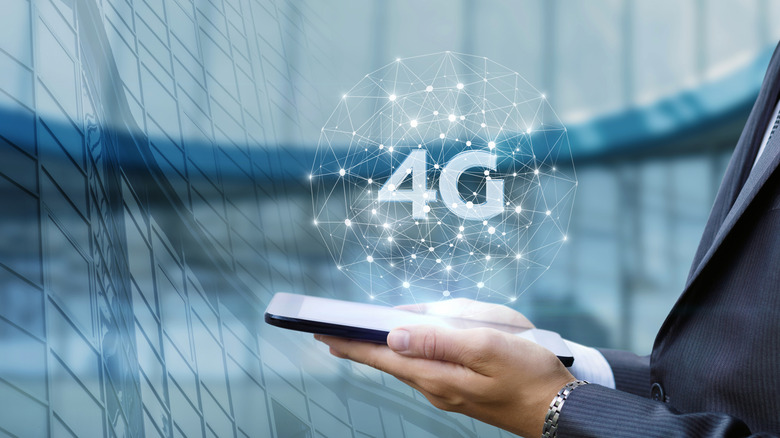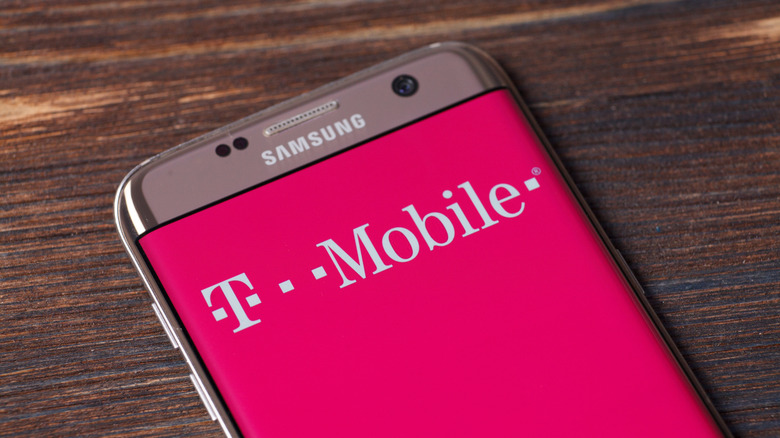T-Mobile Will Soon Phase Out 4G LTE - Here's What This Means For You
It's hard to believe it's been over 15 years since 4G LTE first became available to use in the U.S. While it was revolutionary at that time, it looks like one of the three major carriers in the United States – T-Mobile – is getting ready to phase out 4G LTE. There's just a couple of conundrums. First, some people still use phones that rely on a 4G LTE SIM. Second, T-Mobile itself still sells a phone that uses 4G LTE data. So, what gives? How will this phase-out actually affect T-Mobile users? Do you need to run out and buy a new phone this week? Or can you wait a bit and get something worthwhile?
It's important to note that T-Mobile's phase-out of 4G LTE is a very common part of the ongoing expansion of mobile networks. The company already phased out both 3G and 2G — as those technologies just don't deliver the capacity or speeds that consumers need these days. However, 4G LTE is still very much in use, and some of us still mostly see 4G, LTE, or some variation of that on our smartphones in areas where 5G networks are patchy. Then, why is the company phasing it out? The short answer is that T-Mobile plans to start a process called re-farming, which essentially means taking all the existing LTE frequencies and transitioning them into the 5G spectrum. 5G is faster and more future-proof, so it makes sense to prioritize it.
Why T-Mobile is killing off 4G
The process will take a while, with an internal letter seen by The Mobile Report noting that the LTE spectrum will be "maintained on the network until 2035." This means that you've ideally still got a few good years left of usage for your 4G phone. However, if you're activating a phone after January 1, 2026, for business accounts, you'll need to have a 5G-capable device, according to the letter. Many expect consumer activations to also cut off soon after, though T-Mobile hasn't openly shared a date just yet.
Honestly, though, we'd even argue that if you're activating a new phone this year at any point, you should probably go with a fully 5G device — even if it's one of the more affordable options, like the iPhone 16e or the Pixel 9a. There's also no guarantee of just how spotty the service on 4G connections might get as T-Mobile continues to transition them over to the 5G spectrum. Most people are likely already using a newer device that supports 5G in some capacity. Even devices as old as the Galaxy S20 and iPhone 12 support a variant of 5G, so as long as you are on any of those devices, you don't have to worry. If you're using an older device, then you'll likely want to upgrade within the next couple of years, as service may worsen in the near future.

